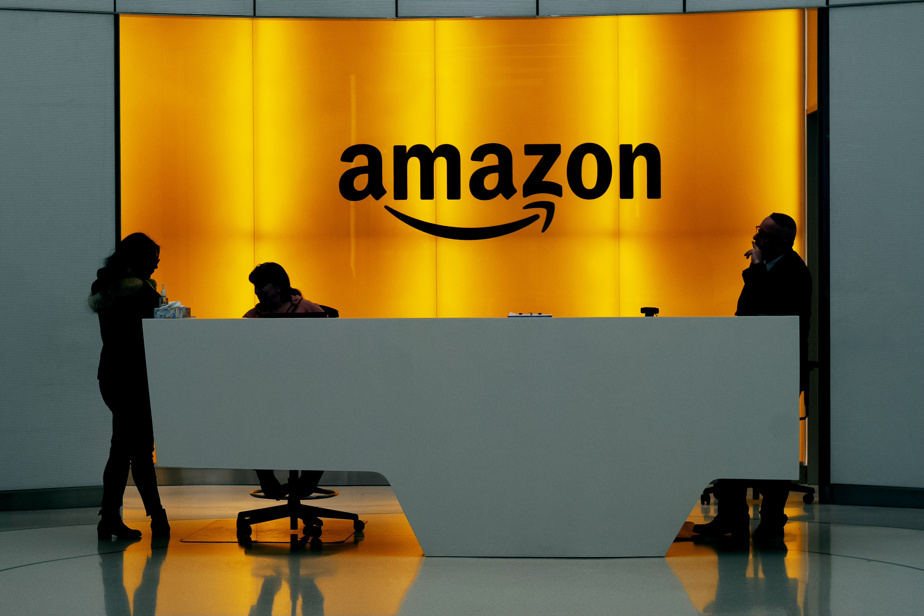Amazon’s lawyers asked a federal judge Friday to dismiss the Federal Trade Commission’s (FTC) antitrust lawsuit against the e-commerce giant, arguing that the agency attacks policies that benefit consumers and the competition.
Amazon’s response came more than two months after the FTC — along with 17 states — filed a landmark complaint against the Seattle-based company, alleging it inflates prices and stifles competition in what agency calls the “online big box marketplace” and in the field of “online marketplace services”.
In its 31-page filing in federal court in Washington state, Amazon countered, arguing that the conduct the FTC called anticompetitive consists of common retail practices that benefit consumers.
The agency argued that Amazon buried listings offered at lower prices on other sites. At the same time, he pointed out that Amazon was charging merchants increasingly higher fees and raising product prices on its own site.
She also claimed that Amazon kept sellers dependent on services, such as its logistics and delivery services, that allowed it to collect billions in revenue each year.
In its motion to dismiss the lawsuit, Amazon argued that the lawsuit accuses it of offering competitive prices and forgoing displaying uncompetitive prices.
“Amazon quickly matches competitors’ discounts, offers competitively priced deals rather than overpriced deals, and guarantees best-in-class delivery to its Prime subscribers,” the company wrote in the filing. These practices – targets of this antitrust complaint – benefit consumers and constitute the very essence of competition. »
Amazon also rejected claims that Prime eligibility on products — meaning fast shipping — depends on whether sellers use its fulfillment service called “Fulfilment by Amazon.”
An unredacted version of the FTC lawsuit unveiled in November alleged that Amazon used a tool — named “Project Nessie” — to predict where it might raise prices and influence other shopping sites to follow suit. The agency claimed that Amazon used the algorithm to raise prices on certain products and kept the new prices high after other sites followed its lead.
In its filing Friday, Amazon said it experimented with the Nessie “automated pricing system” years ago. It suggested that Nessie was intended to “match the second lowest competitor instead of the absolute lowest” for “limited products and time.” The company argued that it stopped the experiments in 2019 and was aligning its prices with the current lowest prices.
Amazon also rejected the agency’s allegations that the company is a monopoly. Amazon said in its filing that it faces competition from small retailers to large online and brick-and-mortar companies like Walmart, Target, Best Buy and Apple, among others.
